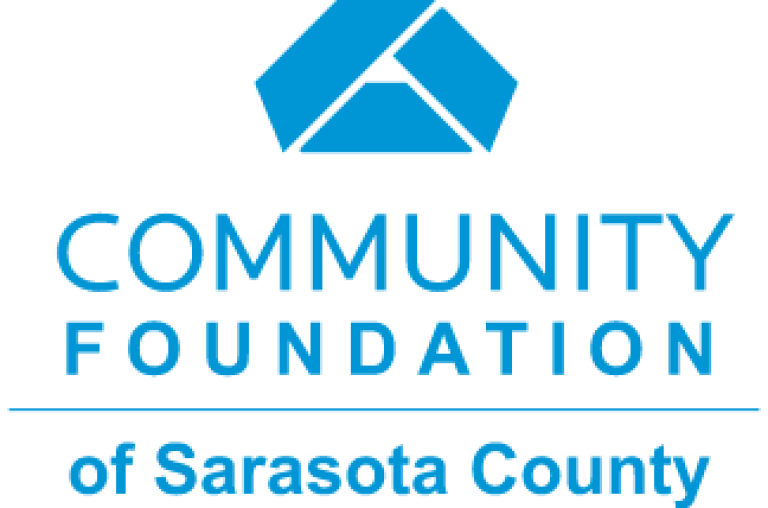April 3, 2023
The ABCs of Legacy
Categories: CEO Message, Strauss Literacy Initiative,
Some small, ordinary moments in life pack so much magic that they remain with us for a long time. I had such a moment this last week when visiting a local elementary school to experience the progress of our Strauss Literacy Initiative.
At Sarasota’s Wilkinson Elementary School, I witnessed a small group reading lesson with two adorable first graders who are struggling with reading. Their teacher, Ms. Magro, is part of a cohort of teachers who are learning research-based instructional methods through the University of Florida’s Lastinger Center for Learning, which is provided thanks to the Strauss initiative. Through interactive, multisensory activities, the students read and broke down words, letters, and sounds. Halfway into the lesson, Ms. Magro handed each student four plastic letters—O, N, W and K—explaining that they would need to recognize this important, but tricky, frequently used word from their book. She thoughtfully explained this was not “no” but “know” which can be confusing.
Following her instructions, the students arranged the letters, the little boy fidgeting with obvious excitement. “K-N-O-W,” he said, pointing to each letter as he listed it. Then, a smile spread across his face: “Know.”
Know.
I know the Strausses would be heartened at this sight, watching students for whom text once was daunting make meaning of these words. This step, understanding the building blocks of language and literacy, will impart a foundation for them that will be carried through the rest of their lives, providing keys to knowledge, meaning, creation, and—hopefully—turn into opportunities.
For Patricia “Patti” Strauss, reading and writing had always been uniquely challenging. Later in life, encouraged by her loving husband, Ira, Patti received a dyslexia diagnosis, an answer for her that became empowering and drove their life’s mission: to support as many people as possible who are living with dyslexia, a specific learning disorder, or other learning challenges that are barriers to reading, which often results in low self-esteem.
Having no children of their own, upon their passing, the Strausses bequeathed their life savings to our Community Foundation, creating the Ira and Patricia Strauss Fund for Children’s Literacy in 2018. Since then, our Community Foundation has worked with experts in dyslexia and early childhood education to listen and learn as much as possible about how best to address literacy instruction.
We learned dyslexia is a common neurological disorder, affecting 20 percent of the population and representing 80-90 percent of all learning disorders, according to the Yale Center for Dylexia & Creativity. Despite its pervasiveness, it goes unidentified in most people, which often results in frustration, lack of confidence, and early gaps in learning that widen over time.
As frequent as it is, most teachers in our area are not yet equipped to accommodate students with dyslexia. The keys to effectively tackling the disorder are 1) early identification, 2) early intervention, and 3) evidence-based reading instruction. Excellent differentiated literacy instruction helps those struggling with disorders and strengthens literacy skills in all students.
What started several years ago as small pilots at Visible Men Academy, St. Mary’s Academy, and State College of Florida’s Disability Resource Center has expanded this year into Manatee and Sarasota school districts.
Each county was given autonomy on how it felt it could best provide interventions for struggling readers. Manatee County opted to work with EarlyBird Education, a Boston-based organization that offers a detailed screening platform and prescribed lesson plans, as is Early Learning Coalition of Sarasota County in another pilot. Sarasota County opted to partner with UF’s Lastinger Center to engage in professional development.
The tools teachers have been given empower them to find solutions that help students read and learn. The result? Transformed lives. Proficient reading skills are essential for learning, and what emerges are confident learners who are eager and equipped to immerse themselves into their passions and curiosities. This is what I witnessed in the session at Wilkinson Elementary School: competent learners.
In other words, learners who know. And that knowing is a powerful, perpetual gift.
I’m curious: what small, ordinary moment has stuck with you and why?
